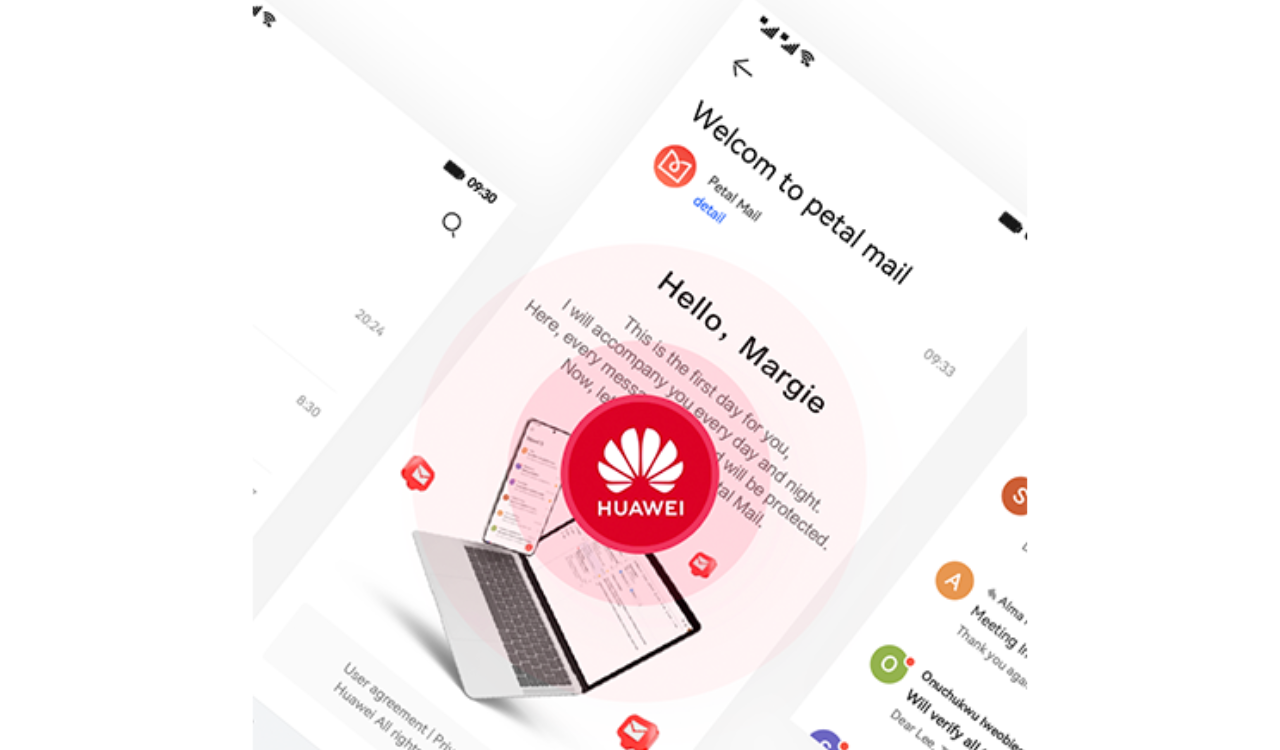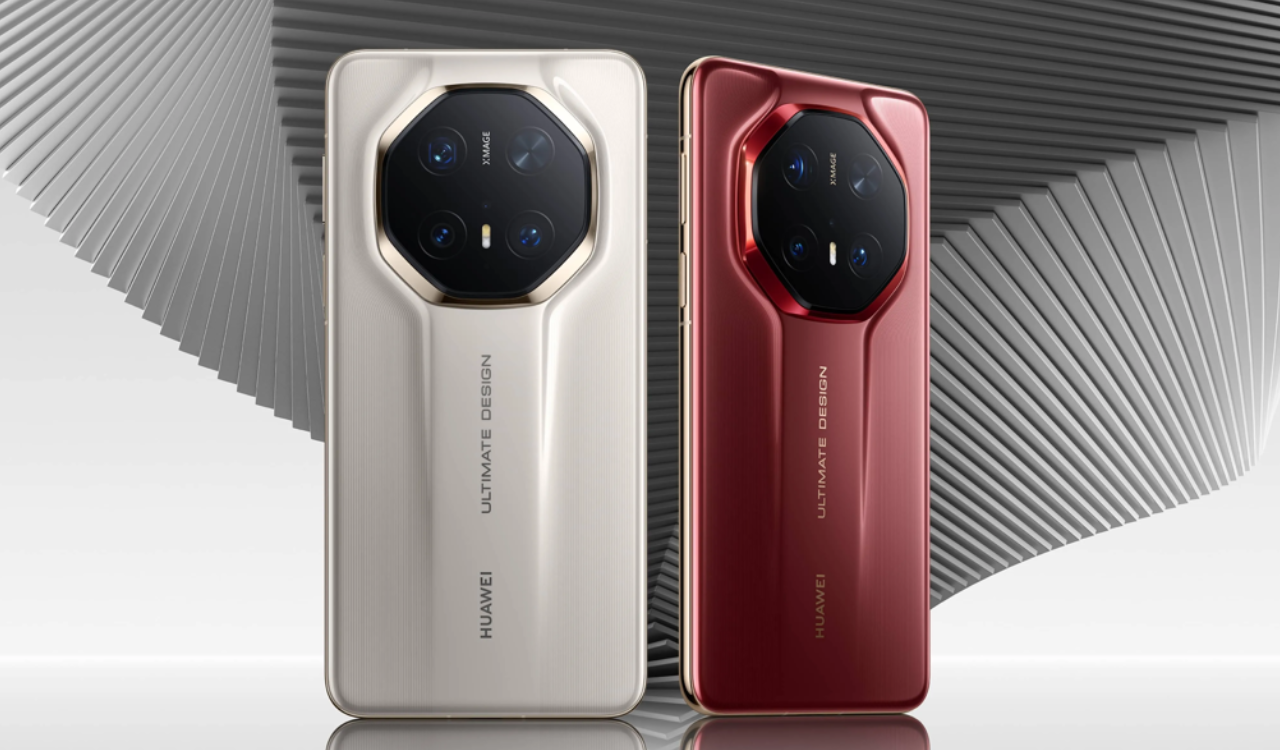Huawei News
Huawei Suppliers: Memory chip prices will increase in 2020

The chairman of Taiwan Wanghong Electronics expects the market to recover strongly in 2020. He pointed out that even if China invests a lot of capital to develop the semiconductor industry, it will take at least 20 years to bring in the top position. Macronix, a major supplier of Nintendo, Sony, Huawei, and Apple memory chips, predicts that memory chip prices will change in 2020.
Wang Min, Chairman and CEO of Wanghong, said in an interview with Nikkei Asian Review: ” We think 2020 is a relatively strong year. Given the supply and demand situation, we think there is room for memory prices to rebound. ” He also said “As a leading indicator, the chip industry is like a duck in a river, knowing that spring is coming before anyone else.”
Shanghai-based research company CINNO said that Wanghong, founded in 1989, is a leader in the dedicated NOR-Flash market, with a market share of 21%, and NOR flash is an essential part of almost all electronic equipment a storage component.
Wanghong’s customers include Nintendo, Microsoft, Huawei, Sony, Apple, DJI, etc. Wanghong also provides specialized NAND flash memory chips but does not directly compete with global storage giants such as Samsung, SK Hynix, Micron, and Kioxia Holdings (formerly known as Toshiba Memory).
The Hsinchu, Taiwan-based memory chip maker’s revenue in 2018 increased 8.1% year-on-year to NT $ 37 billion, and net profit surged 63% to nearly NT $ 9 billion (the company’s second-highest ever). However, as the trade conflict dragged down the market, Wanghong reported a 7% drop in revenue in the first 11 months of 2019.
Huawei News
Huawei Wins Best Network Technology Award at 2025 FutureNet Event

The FutureNet World 2025 event just completed in London, bringing together over 700 industry leaders to talk about the future of network technology. The yearly gathering attracts top executives from global telecom companies, standards organizations, and technology suppliers. For the first time ever, the event created a special “Intelligent Network Best Practice Award” – and Huawei won the prize.
The company stands for its innovative work on smart, self-managing networks. Huawei’s winning technology helps telecom companies run their networks more intelligently with less human intervention. Their solution includes smart digital assistants designed for network maintenance, improving customer experience, and business operations.
These digital helpers fall into two main categories – the Mate series and the Spirit series. The technology has already been rolled out in many countries, showing impressive results across different types of networks including IP, optical, wireless, and core systems. Speaking at the event, Wang Shaosen, who leads Huawei’s smart network solutions, shared the company’s vision: “We’re committed to developing technology that makes networks smarter.
This will help telecom companies succeed with advanced 5G services and prepare for the future of 6G connectivity.

Huawei News
Huawei Petal Mail App will no longer be available for download

According to the official information, the Huawei released the delisting announcement of its Petal Mail App. The full text of the announcement is as follows: [translated]
Thank you for your continued attention and support to the Huawei Petal Mail App. In order to better adapt to the changing needs of product experience, service content and local markets, we have made strategic adjustments to the Huawei Petal Mail App.
The Petal Mail App will officially switch to the Email App on December 31, 2024, and the Petal Mail App will no longer be available for download from the App Store. The Petal Mail App you have installed can be used normally. We apologize for the inconvenience. You can continue to view, send or receive emails in the pre-installed Email App on your Huawei phone or use a computer browser to open the Petal Mail official website ( https://www.petalmail.com ), and your emails and personal data will not be lost.

Huawei News
Huawei Mate 70 lineup repair spare parts prices announced

Huawei released the Mate 70 series of mobile phones, with a starting price of 5,499 yuan. At present, the prices of spare parts for the new Mate 70 series have been announced on Huawei’s official website.
Huawei Mate 70 lineup repair spare parts prices announced
Battery and motherboard
Mate 70
Battery — 199
12GB+256GB — 2499
12GB+512GB — 2899
12GB+1TB — 3599
Mate 70 Pro
Battery — 199
12GB+256GB — 2899
12GB+512GB — 3299
12GB+1TB — 3999
Mate 70 Pro+
Battery — 299
16GB+512GB — 4399
16GB+1TB — 4899
Mate 70 RS
Battery — 299
16GB+512GB — 6499
16GB+1TB — 6999
Camera














